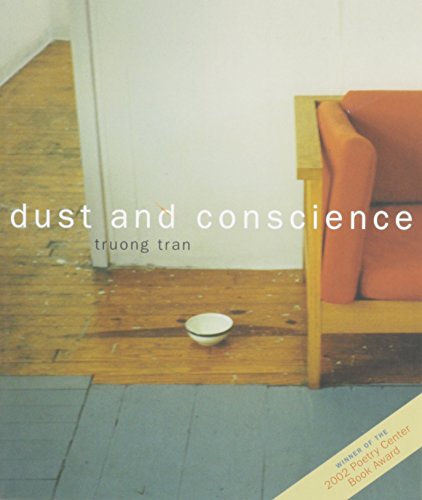Although stylistically similar to Faulkner, Cormac McCarthy’s first novel, Suttree, brilliantly undermines the conventions of the Southern novel and the mythology of this tradition. Suttree is the story of an upper-middle class, college educated man who comes to Knoxville to live after being released from prison.
Cornelius (Buddy) Suttree is so displaced in his search for a meaningful purpose that he is content to live among vagrants on the Tennessee River where it cuts through Knoxville’s downtown area. He lives in a rundown houseboat and fishes for a living. Each night he drinks with whatever vagrant the city gives him until he passes out in strange fields or alleys. Occasionally he is arrested for Public Drunkenness. Still he refuses to leave this life, but remains among a strange band of squatters, thieves, drunks, and oddballs, living in filth and poverty. The Knoxville winters are a hardship, and jobs are difficult to find. In the end too many friends die or are sent to prison as a result of this lifestyle, and Suttree moves away to some undetermined city to start anew.
McCarthy flexes his strongest muscles when he writes long, descriptive passages full of irate metaphors and provocative portrayals. Suttree has pages of it. The novel begins with a three page, italicized description of Knoxville’s carnivorous soul:
The night is quiet. Like a camp before battle. The city is beset by a thing unknown and will it come from forest or sea? The murengers have walled the pale, the gates are shut, but lo the thing’s inside and can you guess his shape? Where he’s kept or what’s the counter of his face? Is he a weaver, bloody shuttle shot through a timewarp, a carder of souls from the world’s nap? Or a hunter with hounds or do bone horses draw his deadcart through the streets and does he call his trade to each?
Place is traditionally important in Southern writing, and McCarthy subverts this tradition when he takes it literally, making Knoxville a character. The weather, the police, mazes of streets, the tram system – anything symbolic of the city – work to control the lives of Suttree and his friends. For example, one summer Suttree is stuck upriver with a young attractive woman during two weeks of torrential rain. They hide under a cliff and make love the whole wait. The day before the rain stops, the water weighs down the soil above them, causing the cliff to collapse on the woman. She’s killed.
McCarthy’s stories take us to a world that merges the real and surreal and renders it with elaborate language, unconventional characters, and violent scenes. He jolts Southern literature out of a state of complacency, asking us such weighty questions as: What is the nature of evil? and What role does memory have in reality? Although I would never describe this book as brief or chiseled, it is precise and illuminating. Suttree will engage your mind and sense of self like few contemporary books from the South.

